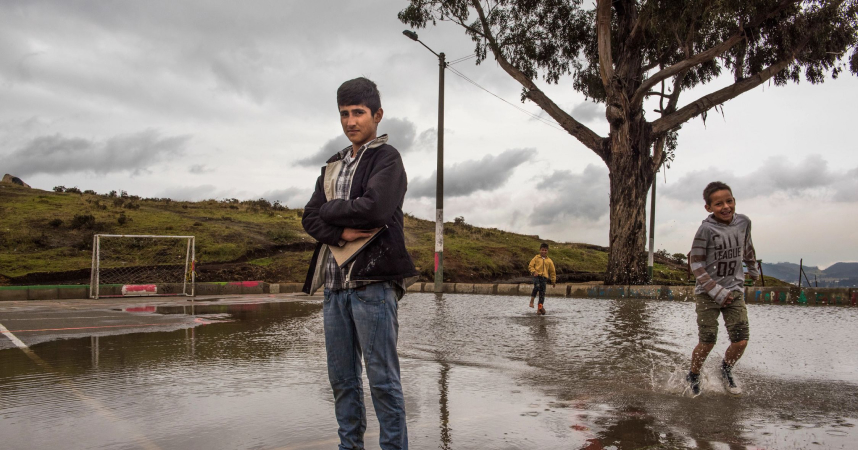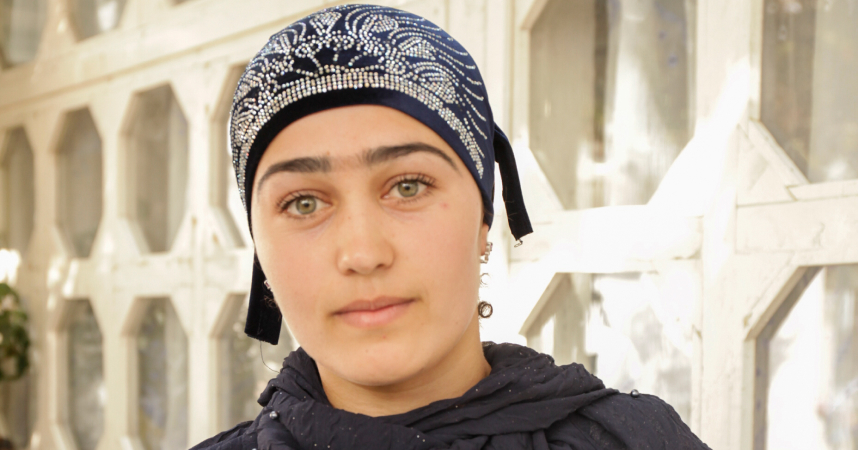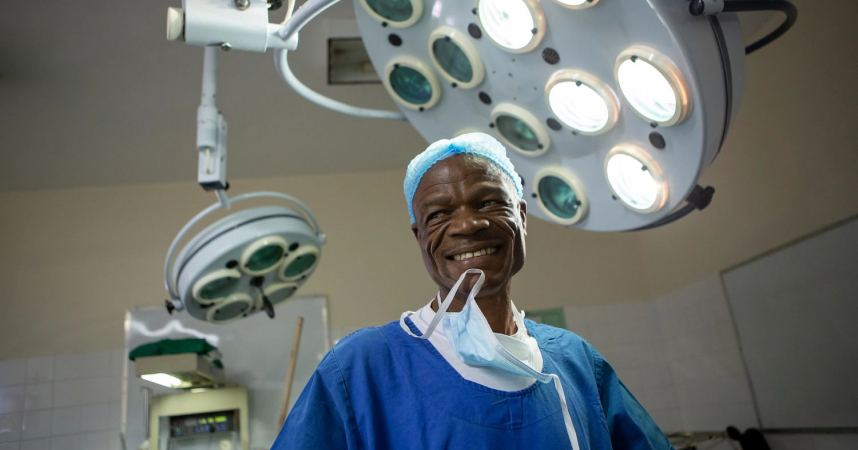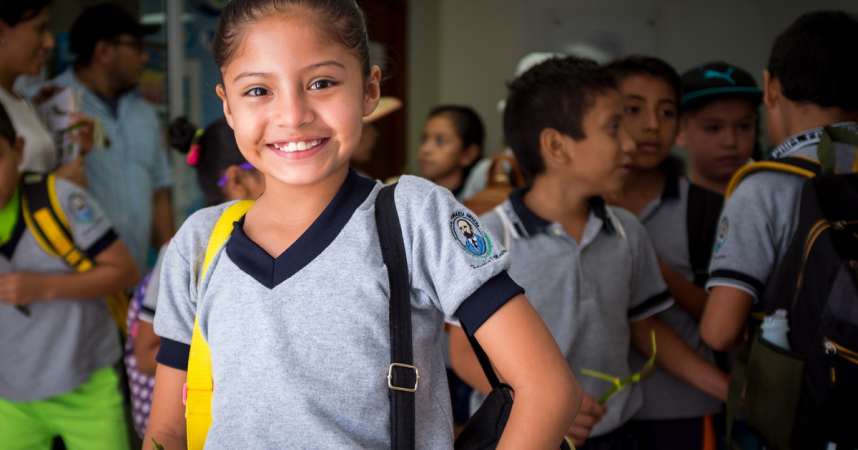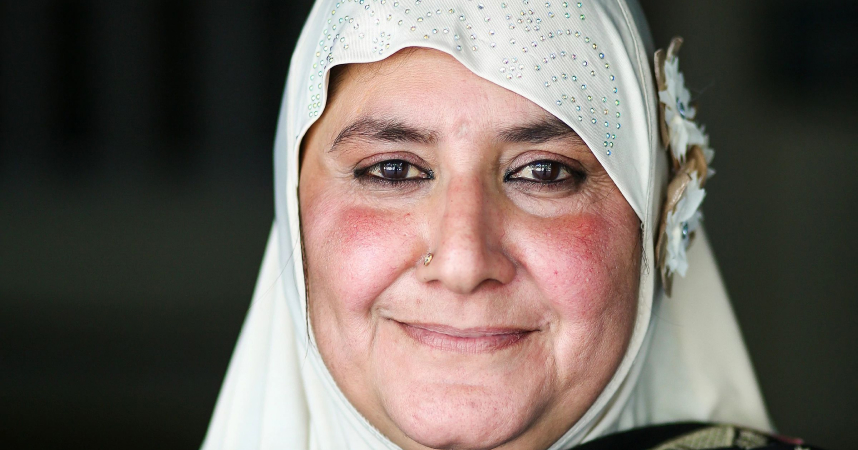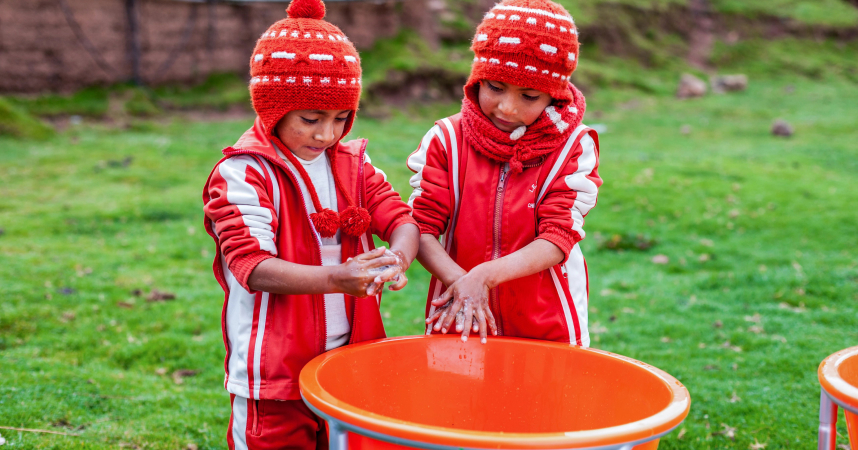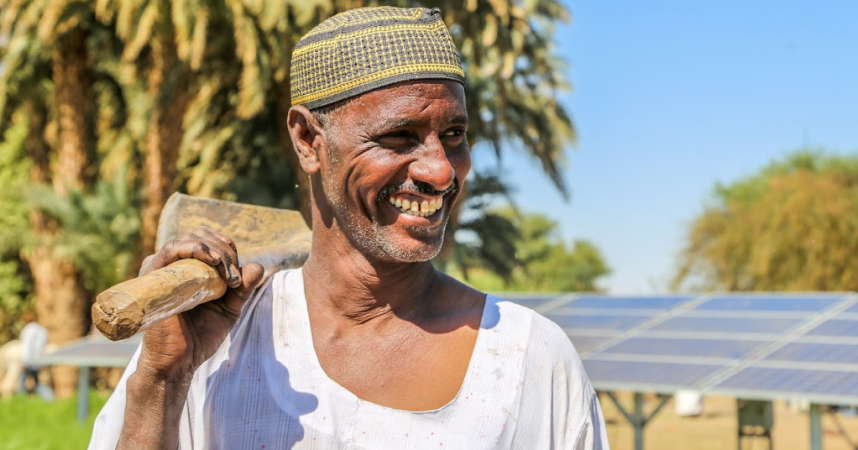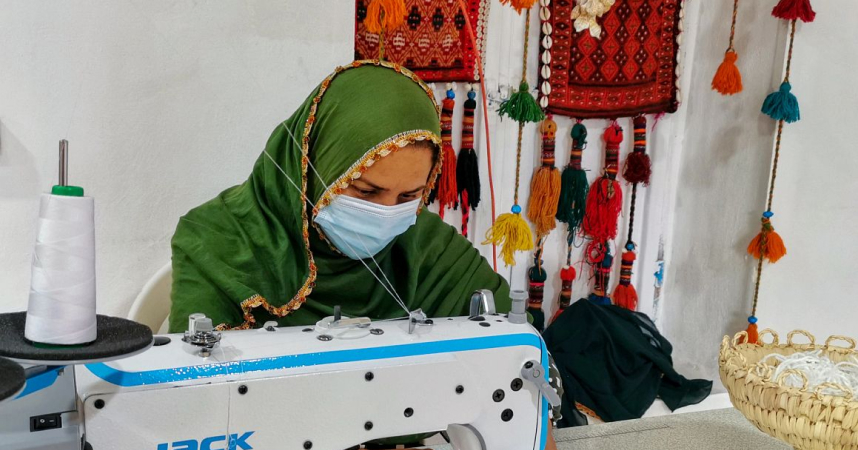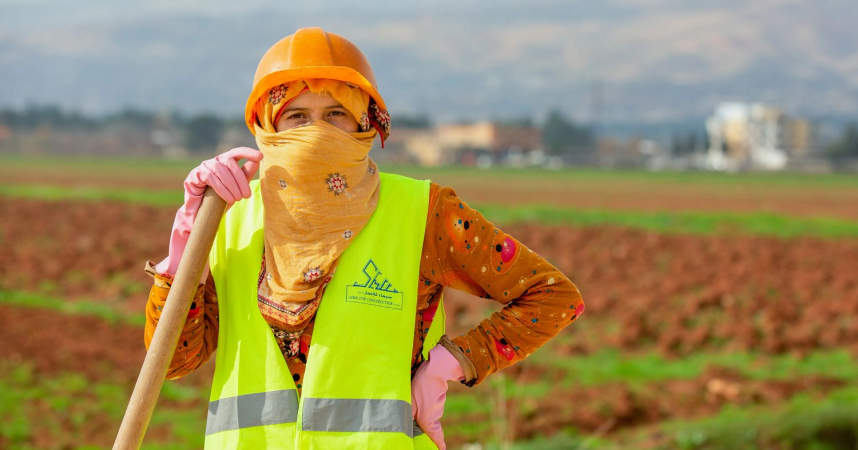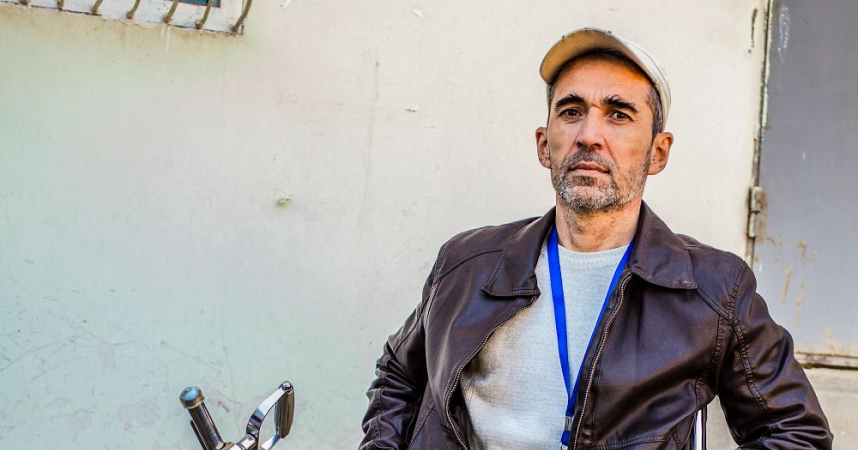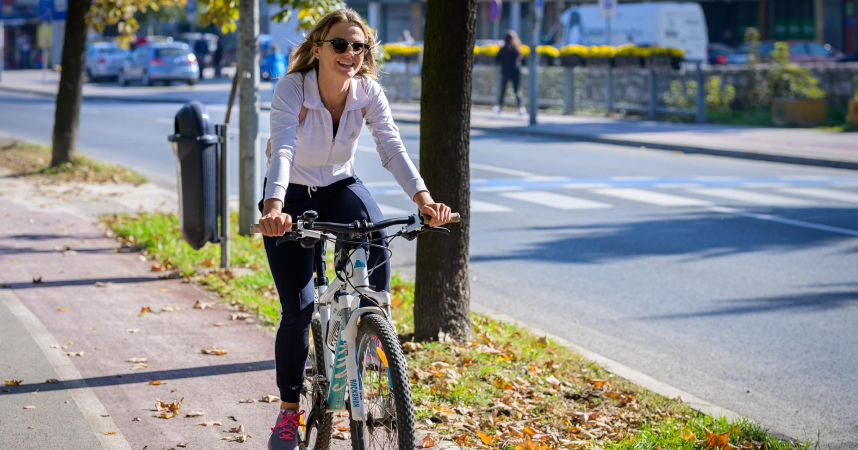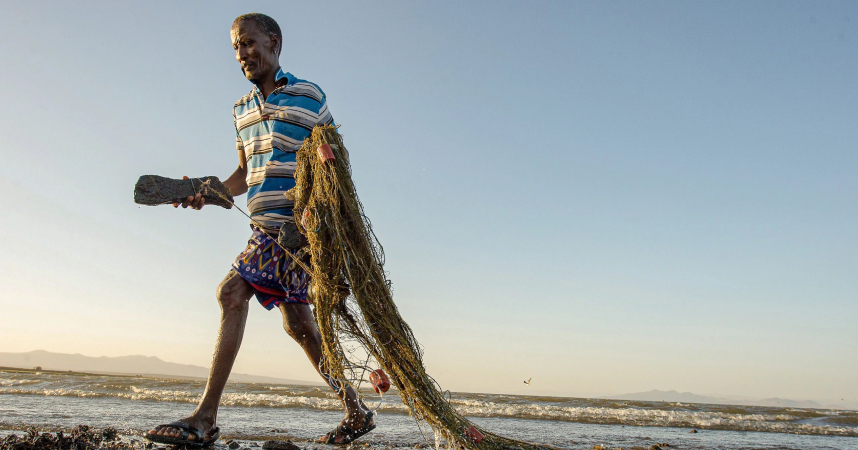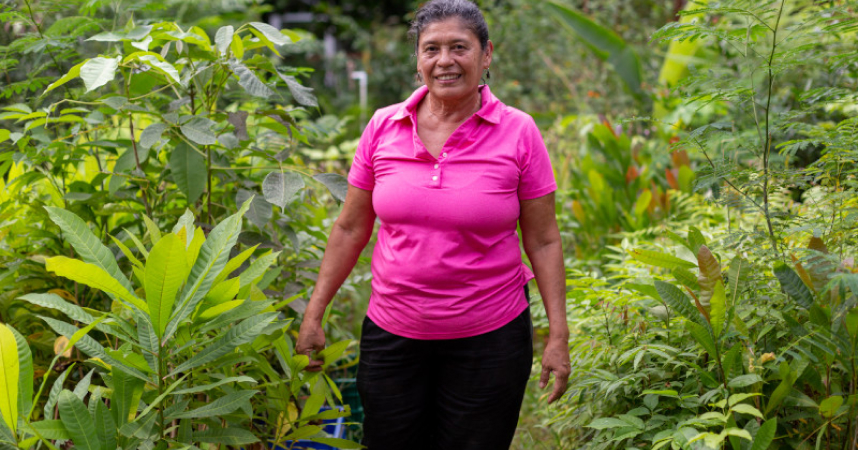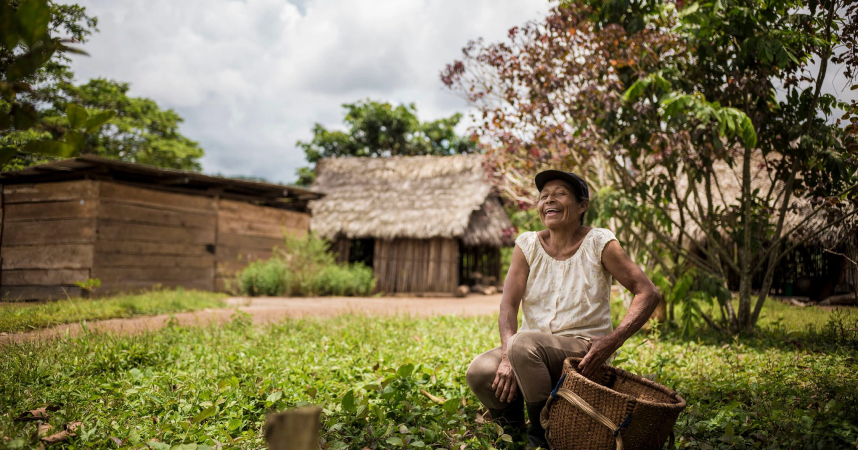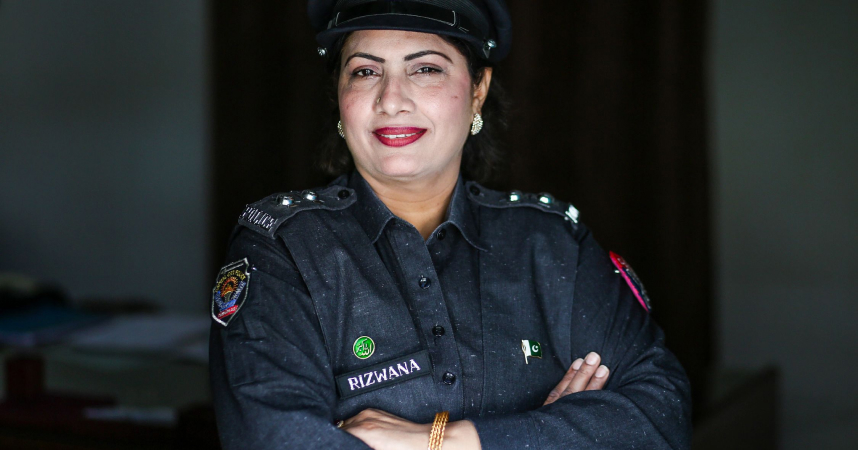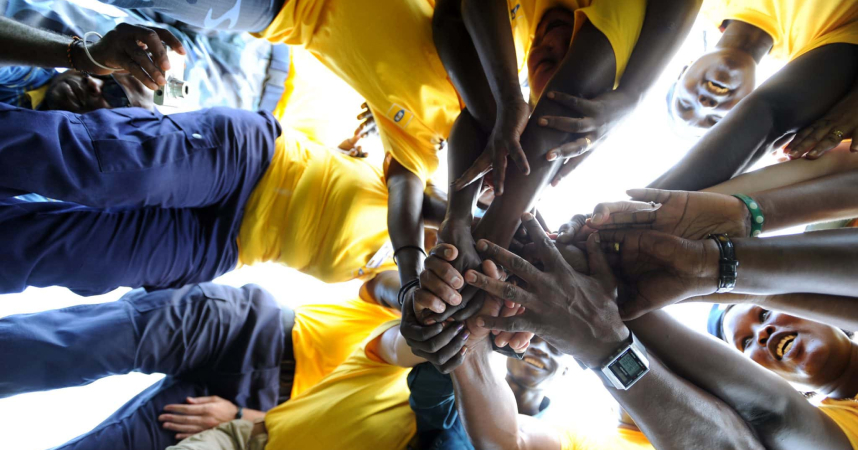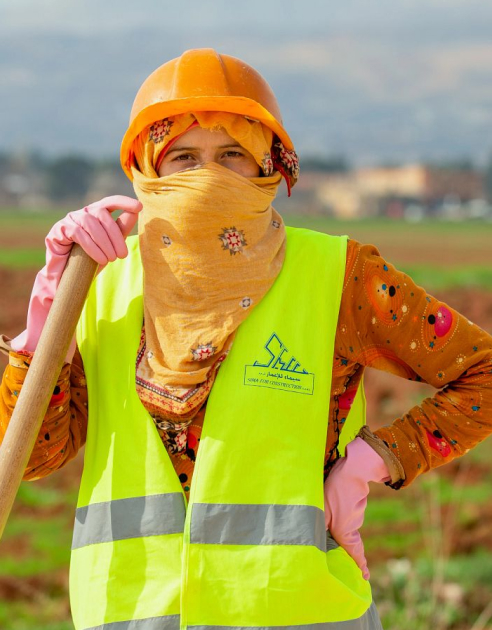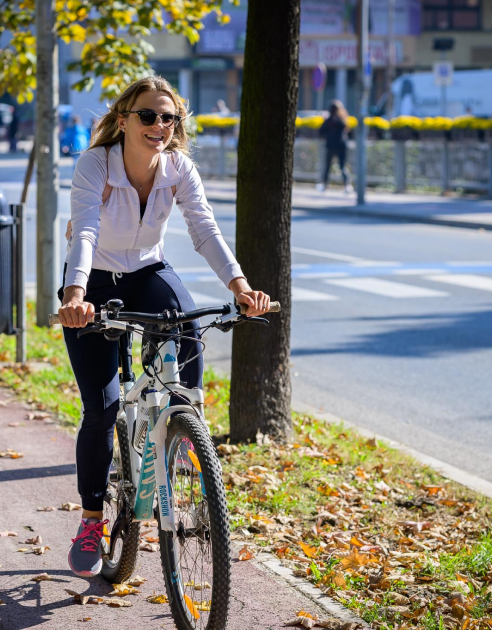Goal 10: Reduced inequalities
Reduce inequalities within and among countries
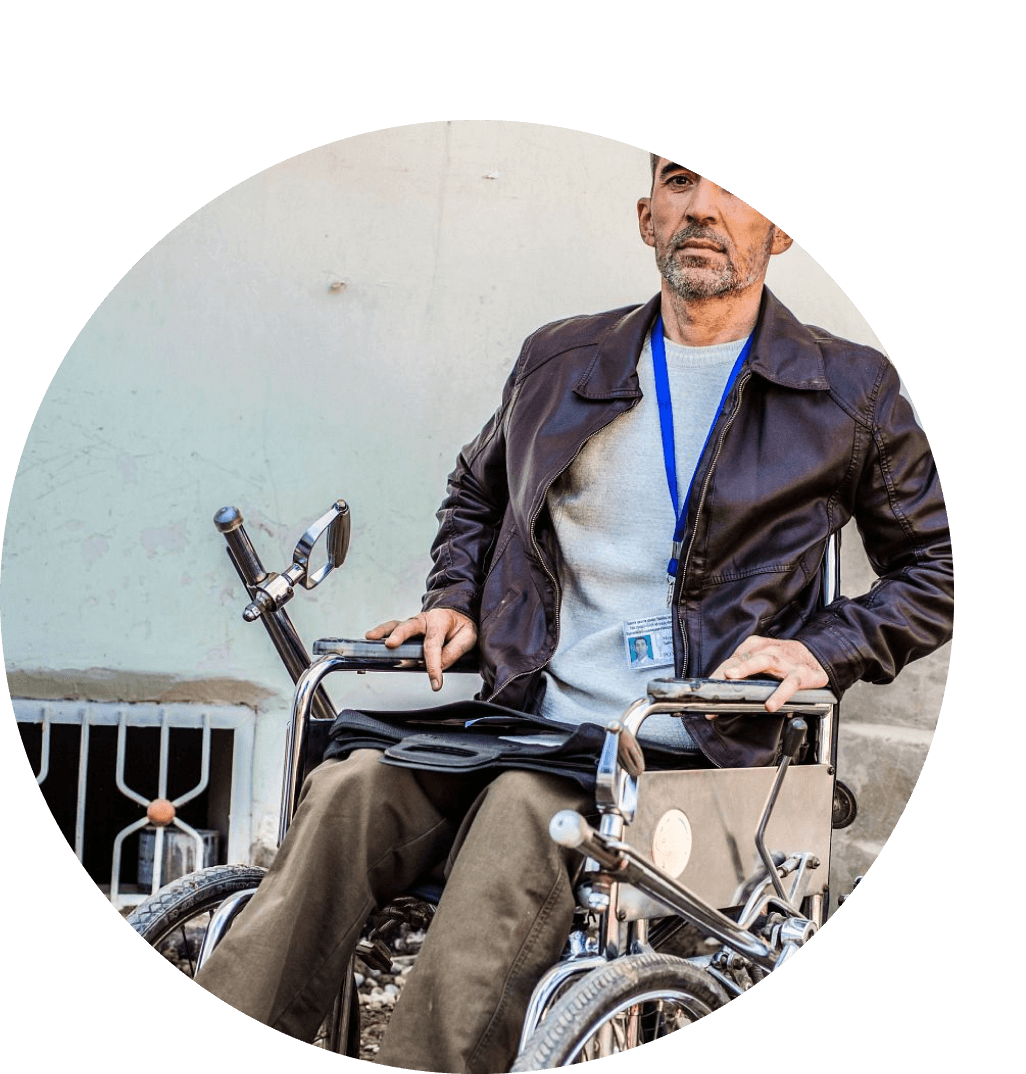
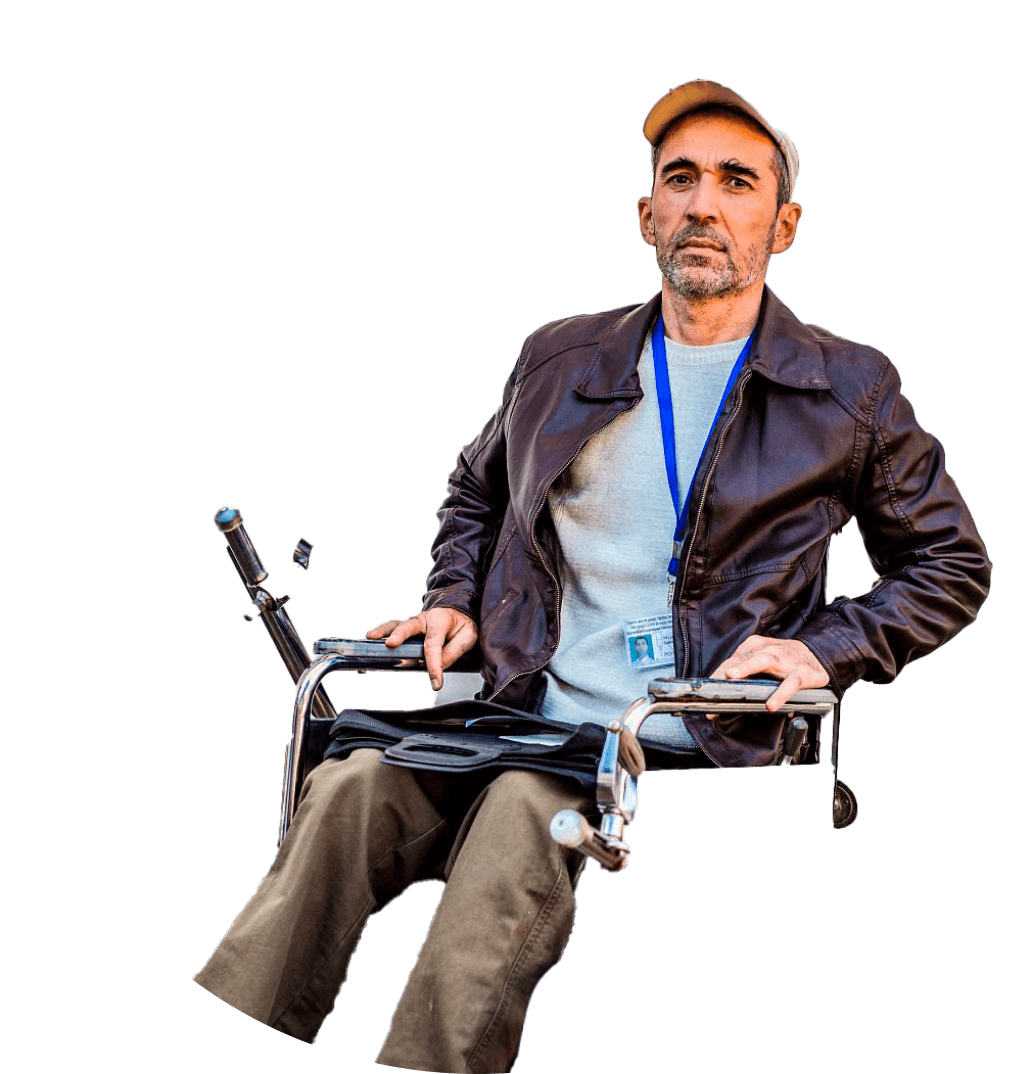

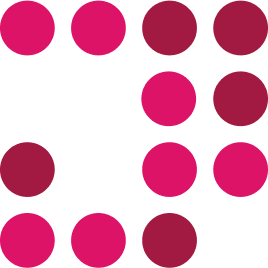

1 in 6 people experience discrimination in some form.

Before the pandemic, progress was being made on reducing income inequality within countries. Between 2009 and 2022, the incomes of the poorest 40 percent of the population grew faster than the national average in a majority of countries. The impacts of the pandemic are not yet fully known, but there is evidence that it may have upended this trend towards shared prosperity. And the pandemic has brought the largest increase in income inequality between countries in three decades.
About one in six people experience discrimination in some form; women and people with disabilities are disproportionately affected. Racial discrimination is among the most common forms, rooted in factors like ethnicity, colour and language.
Achieving SDG 10 requires equitable resource distribution and investment in education. To reduce inequality both within and between countries, we must focus on skills development, implementing social protection measures, combating discrimination, supporting marginalized groups and fostering international cooperation for fair trade and financial systems.
Homecoming
The number of internally displaced persons rose to 71.1 million in 2022, according to the Internal Displacement Monitoring Centre. Beyond the numbers are human beings enduring enormous suffering and loss. Displaced people can face discrimination and exclusion, are cut off from their communities, and deprived of livelihoods and vital services for years or even generations.
In Lybia, when Misrata and Tawergha signed a UN-mediated peace treaty to end the conflict between the two cities in 2018, displaced families could contemplate returning. With UNDP support, the local administration has provided help to small businesses that has seen the creation of over 200 jobs in Tawergha and rehabilitated three schools serving over 500 students. More than half the previous population of 40,000 people have so far come home.

Photo credits
-
UNDP Tajikistan/Beyond Borders Media
-
UNDP Libya

